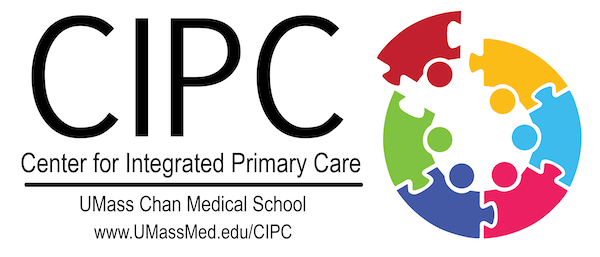Learning Objectives
Module 1: Harm Reduction-Informed Care
Submodule 1.1: At the end of the program, participants will be better able to:
-
- Describe the detrimental aspects of US policies that reinforce racism and criminalization of substance use
- Describe the limitations of the current SUD treatment system
Submodule 1.2: At the end of the program, participants will be better able to:
-
- Assess the broad application of harm reduction interventions
- Analyze the spectrum of substance use and its connections to a person’s social context
- Describe how harm reduction principles inform the actions, responses, and communication approaches between health care provider and patient
Submodule 1.3: At the end of the program, participants will be better able to:
-
- Describe the qualities of stereotypes and stigma towards patients with substance use disorders
- Describe the purpose of reinterpreting patient behavior through the lens of self-preservation and the mesolimbic reward pathway
- Describe specific communication points to prioritize in response to ongoing substance use
Module 2: Goals of Care
Submodule 2.1: At the end of the program, participants will be better able to:
-
- List primary goals of care for OUD by comparing and contrasting OUD with other chronic health conditions
Submodule 2.2: At the end of the program, participants will be better able to:
-
- Analyze that discontinuation of medication treatment is associated with poorer outcomes and higher rates of morbidity and mortality compared to maintenance medication treatment
- Assess why low threshold models of care can improve retention in care for patients with OUD
Submodule 2.3: At the end of the program, participants will be better able to:
-
- Explain preferred clinical approaches for patients with OUD
Module 3: Clinical Management of Co-Occurring Mental Health Disorders and Symptoms
Submodule 3.1: At the end of the program, participants will be better able to:
-
- Describe the inadequacies of treatment systems that address physical, mental health, and substance use disorders separately
- Describe the relationship between anxiety symptoms and OUD and strategies for addressing anxiety
Submodule 3.2: At the end of the program, participants will be better able to:
-
- Describe important considerations related to trauma and mood disorders when caring for individuals with OUD
- Use a brief “Behavioral Activation” approach to counseling a patient with OUD
Submodule 3.3: At the end of the program, participants will be better able to:
-
- Describe the use of a solution-focused approach to clarifying the patient’s treatment goals
- Compare and contrast various approaches different patients can take when addressing their opioid use disorder
Module 4: Lived Experience: An Interview with Stephen Murray
-
- Understand the effects of traditional SUD treatment approaches and overdose epidemic from an individual with lived experience of a substance use disorder
